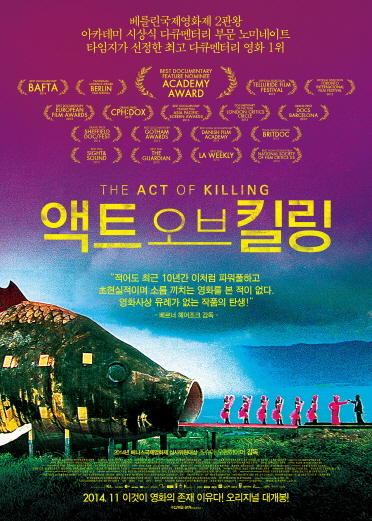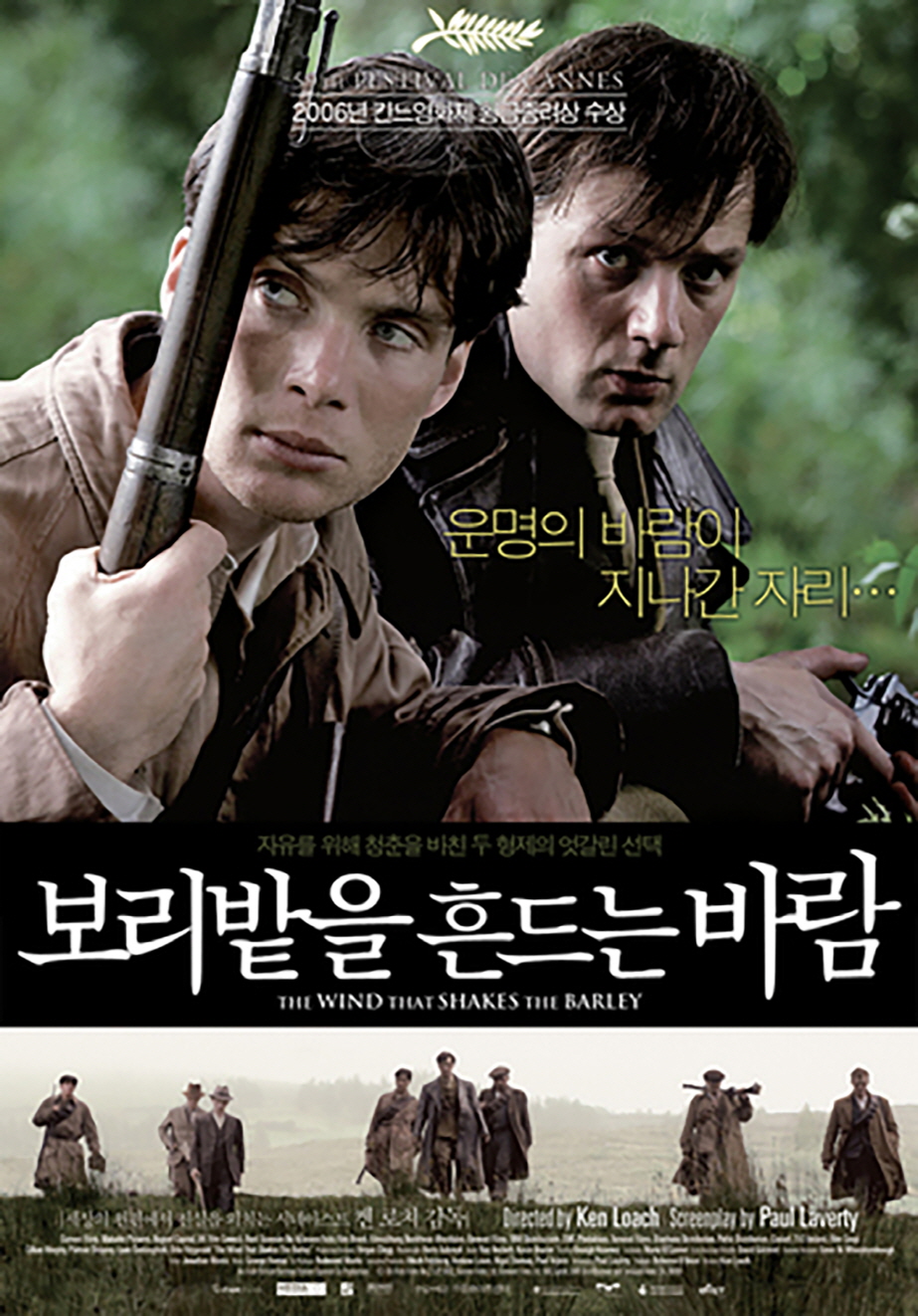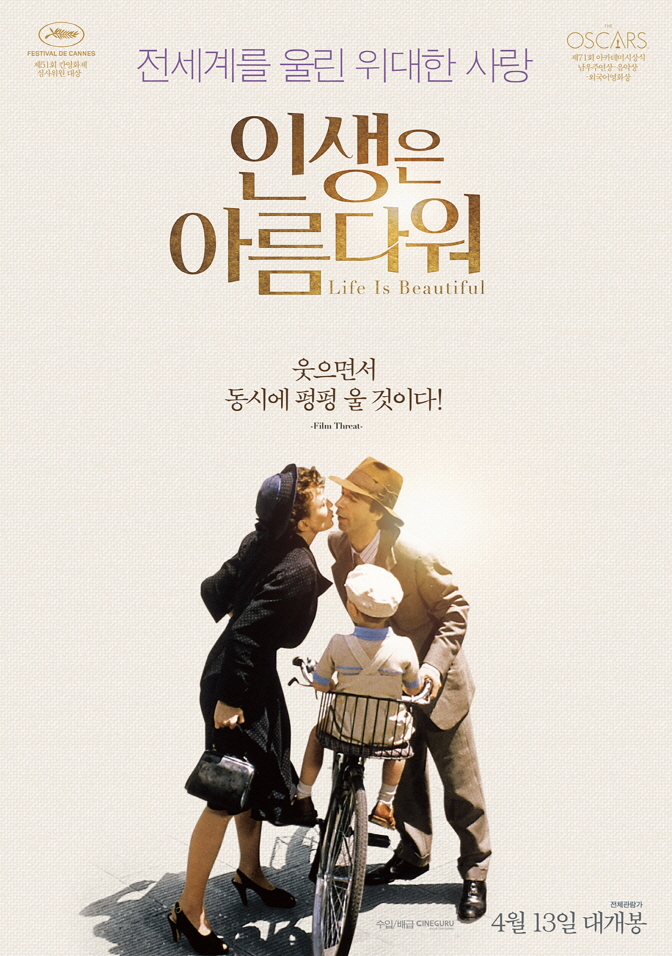An encounter with Jeju 4·3 movies about testimonies, resistance, and hope
Jeju 4·3 Film Festival marking the 75th anniversary of Jeju 4·3 to open on June 23
Film screenings and dialogues with the audience to continue until November at Jeju CGV
Lee Jeong-won
Executive Committee Member, Jeju 4·3 Film Festival
Professor, Cheju Halla University
There was a ray of light that cleared the curtain of darkness.
It left the projector, went through the screen, and reached beyond to the truth.
The light of the movies projected history and testimonies, cries and roars, and reflection and vows.
For 75 years, Jeju 4·3 movies were a medium of resistance that desperately recorded memories.
They were a democratic, public forum that gathered wisdom to realize peace and human rights.
Jeju 4·3 movies say that a future full of warmth of camellia can be a reality, not a dream.
They pat us on our shoulders and walk in undisturbed solidarity.
The Jeju 4·3 Film Festival is inviting you.
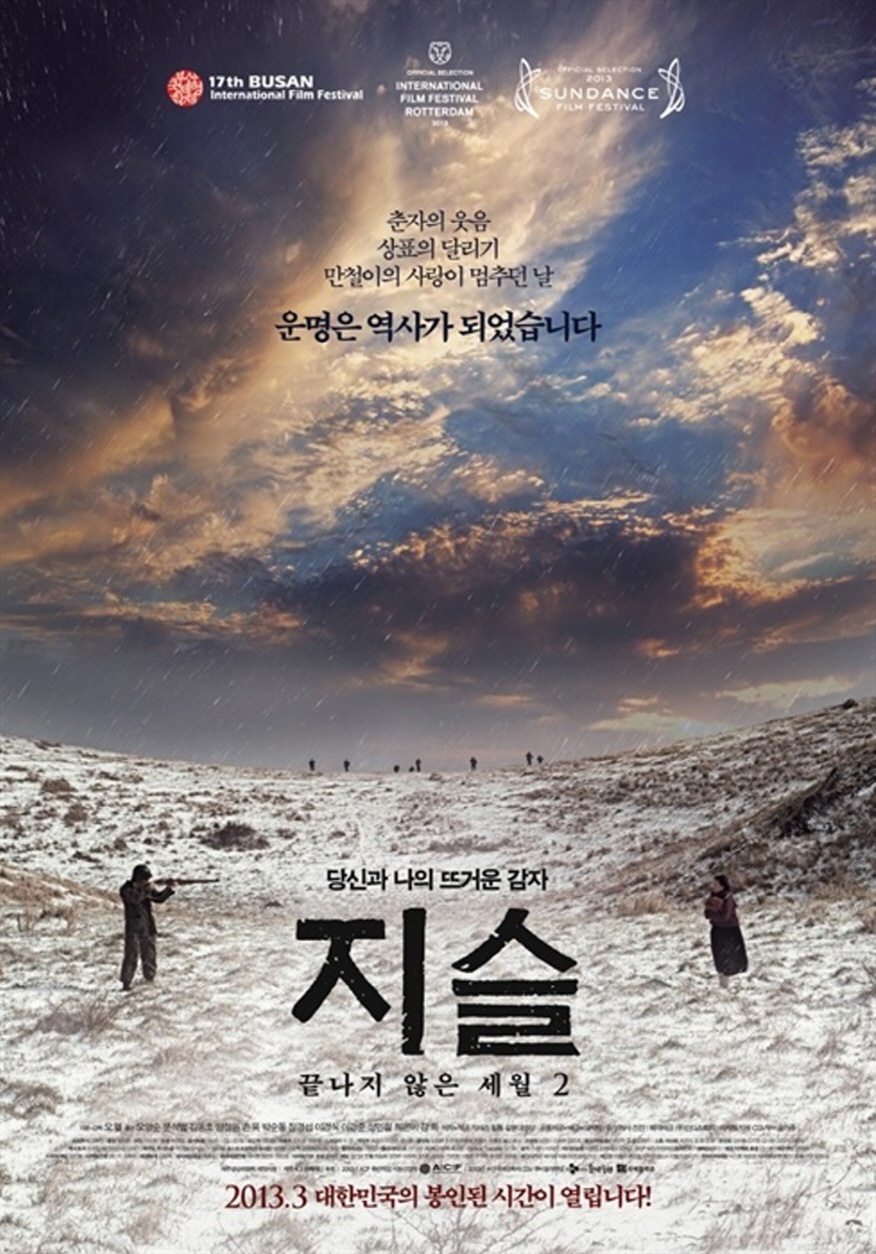

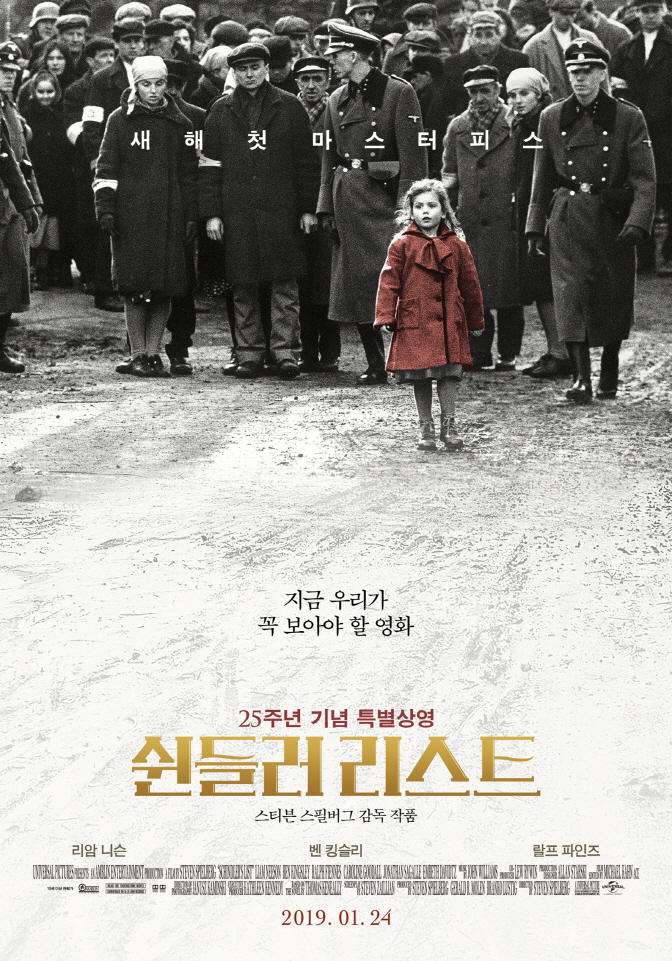
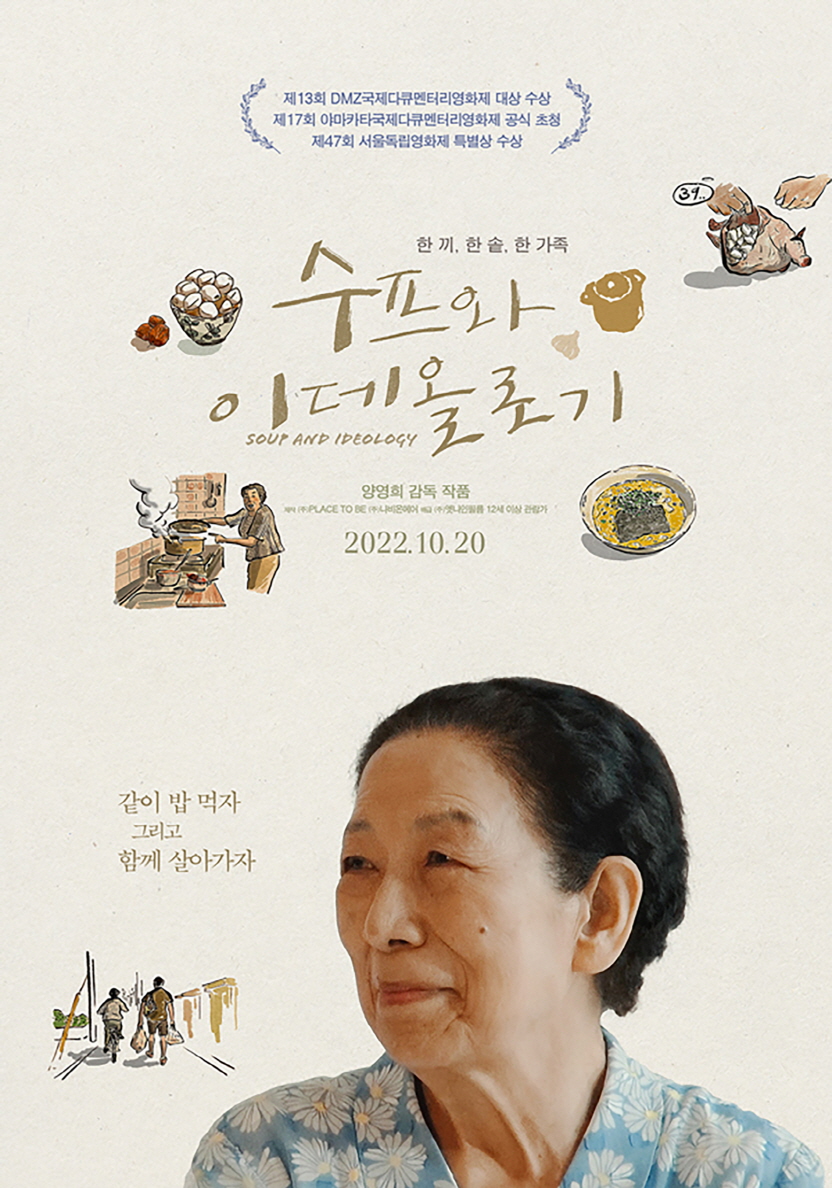
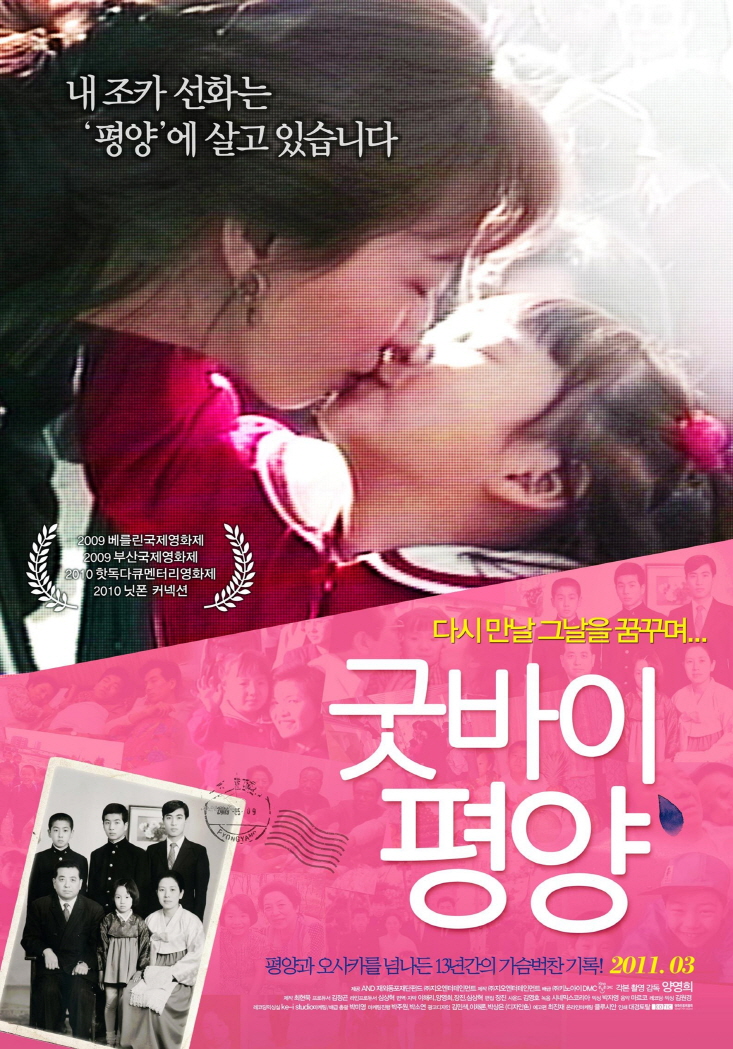
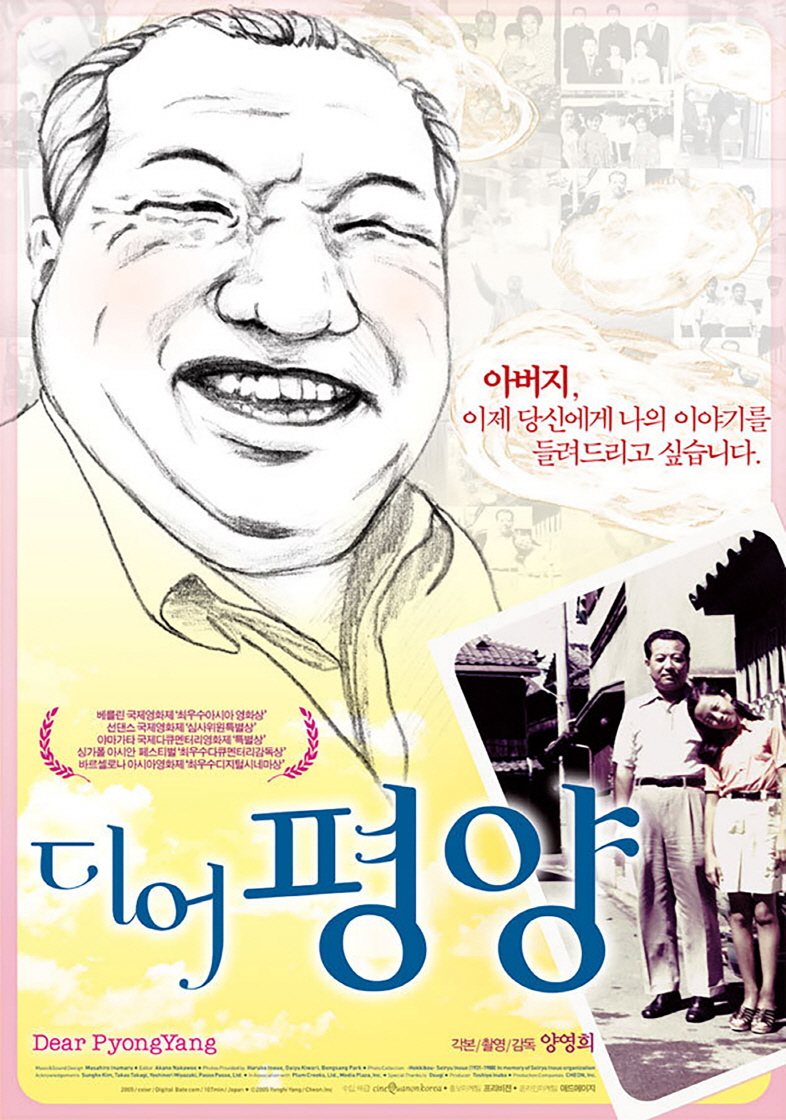 The Jeju 4·3 Film Festival, marking the 75th anniversary of Jeju 4·3, will open on June 23 (Fri) at Jeju CGV. Until November, movies full of hope featuring Jeju 4·3, peace, human rights, democracy, solidarity, and the future will “meet” the audience every month. The main screenings will be at Jeju CGV near Jeju City Hall. Special screenings will also be held in Seogwipo and Seoul.
The Jeju 4·3 Film Festival, marking the 75th anniversary of Jeju 4·3, will open on June 23 (Fri) at Jeju CGV. Until November, movies full of hope featuring Jeju 4·3, peace, human rights, democracy, solidarity, and the future will “meet” the audience every month. The main screenings will be at Jeju CGV near Jeju City Hall. Special screenings will also be held in Seogwipo and Seoul.
When asked what a film festival is, I refer to it as an academic seminar and a democratic public forum where topics are presented and discussed in movies, rather than in papers.
Just as papers and presenters are selected based on strict standards when preparing for an academic symposium, the festival has also been prepared to meet the same standards.
We searched for films and directors that helped unearth the truth about Jeju 4·3 in the early days of the truth-finding movement. We also gathered films that desperately recorded and embodied aspirations of peace, human rights, and mutual prosperity. We explored movies that can walk with their arms around the shoulders of global citizens and future generations.
As of May, a total of 18 films have been selected. There is a possibility that other works will be added if requested by the audience during the film festival. The movies have been classified by theme, content, and meaning and grouped into three sections: Records of Memories; Peace and Human Rights; and Solidarity and the Future.
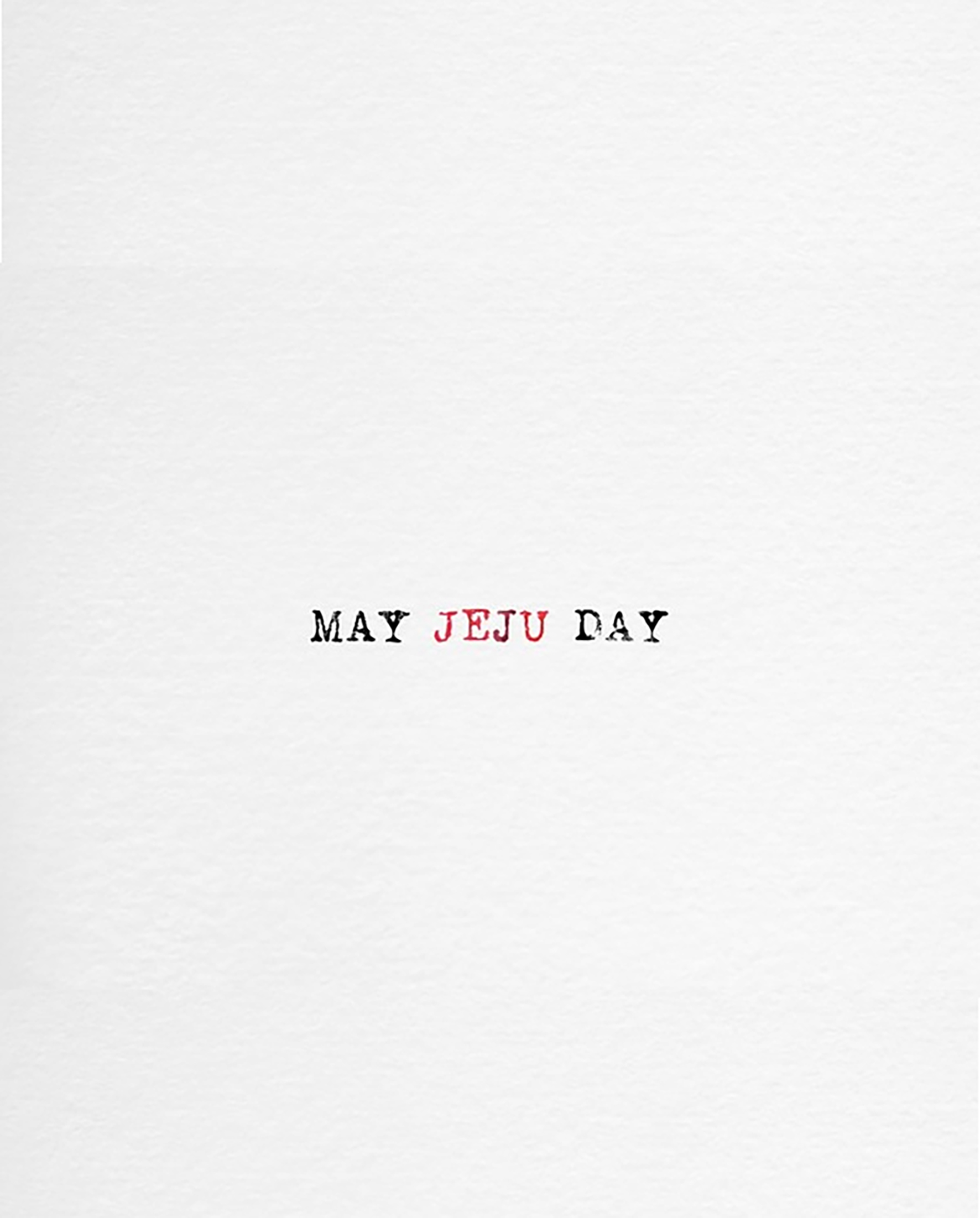
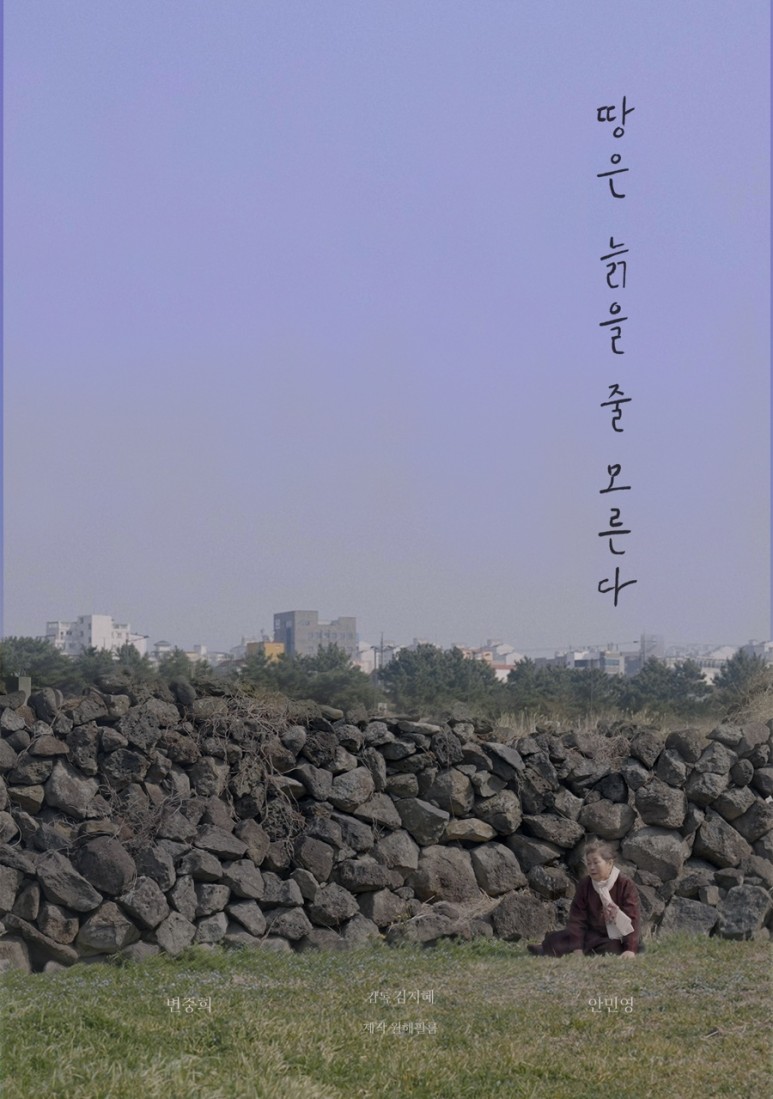
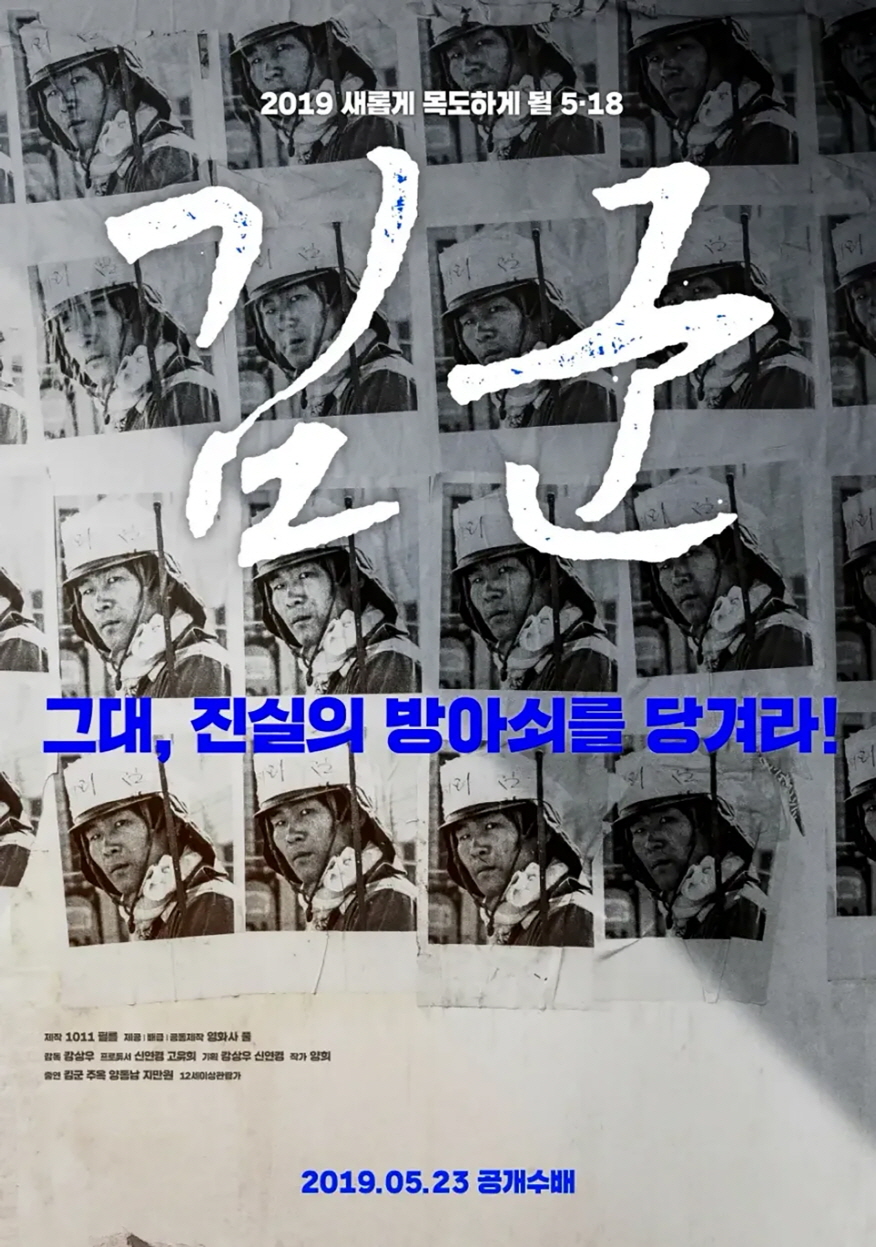 Records of Memories — Testimonies from Gwangju, Ireland, and Indonesia, going beyond Jeju
Records of Memories — Testimonies from Gwangju, Ireland, and Indonesia, going beyond Jeju
An early documentary on Jeju 4·3, which is indispensable in the history of the truth-finding movement, marks the beginning of the festival. “Last Will” and “An Outcry That Can’t Sleep,” directed by Kim Dong-man (professor, Cheju Halla University), will be screened as the opening films. Make sure to watch them, as it might be the last chance to see them in a movie theater.
The festival will also present Ken Loach’s “The Wind That Shakes The Barley,” which won the Palme d’Or at the 59th Cannes Film Festival, and Joshua Oppenheimer’s “The Act Of Killing,” a film that reproduced the tragic 1965 massacre in Indonesia from the perspective of the perpetrator.
You can also see Kim Ji-hye’s “The Land Never Ages,” a film about Jeju 4·3 produced in Jeju, and Kang Hee-jin’s “May, Jeju, Day,” which testifies about Jeju 4·3 in animation from the perspective of Jeju people. “Kim-Gun,” a documentary film directed by Kang Sang-woo, will present memories of Gwangju citizens that were recorded for solidarity between Jeju 4·3 and the Gwangju Democratization Movement.
Peace and Human Rights — An opportunity to watch all episodes of Yang Yong-hi’s trilogy
A retrospective for Yang Yong-hi, a second-generation Korean director in Japan, has been organized. You can watch the director’s family documentary trilogy, “Dear Pyongyang,” “Goodbye Pyongyang,” and “Soup and Ideology.” There will be a talk with the audience involving director Yang. The three films will be given special showings at Lotte Cinema in Seogwipo as well.
There is also a place to witness the present of Jeju 4·3 documentaries in broadcasting. A music documentary titled “Songs of the Mountain, Field, and Sea” directed by Kwon Hyuk-tae, who heads Jeju MBC’s newsroom, will be screened. You can also watch “Memories of the Land,” a special ‘newsmentary’ produced by reporters Kim Yong-min, Kim Yong-won, and Moon Soo-hee of KCTV Jeju Broadcasting. “Memories of the Land” won the Grand Prize for the first Jeju 4·3 Journalism Awards.
“Life is Beautiful,” directed by and starring Roberto Benini and which satirizes the disastrous life of a Jewish camp during World War II through comedy, will be screened. The film won the Grand Jury Prize at the Cannes Film Festival, the Academy Award for Best Actor, and the Academy Award for Best International Feature Film.
Solidarity and the Future — Watch movies and talk with directors Im Heung-soon and Cho Sung-bong
An Im Heung-soon retrospective will be held. It will screen “Binyeom” and “Next Life,” films that aim to heal Jeju Island and its people who were hurt by Jeju 4·3. There will also be a talk featuring director Im with the audience.
You can watch the documentary “Kondo Hajime” directed by Eriko Ikeda. It contains the testimony of Hajime Kondo, who was a Japanese soldier during the Pacific War.
This section will screen symbolic Jeju 4·3 movies, which include “Red Hunt,” directed by Cho Sung-bong, and “Jiseul,” directed by O Muel. After the screening, there will be a talk with director Cho Sung-bong.
We are ready to shine the light of the festival on the screen. Hopefully, the festival seeds will take root well. In the years to come, I hope that the film festival will continue to “meet” the audience in the name of peace, consolation, and solidarity.
